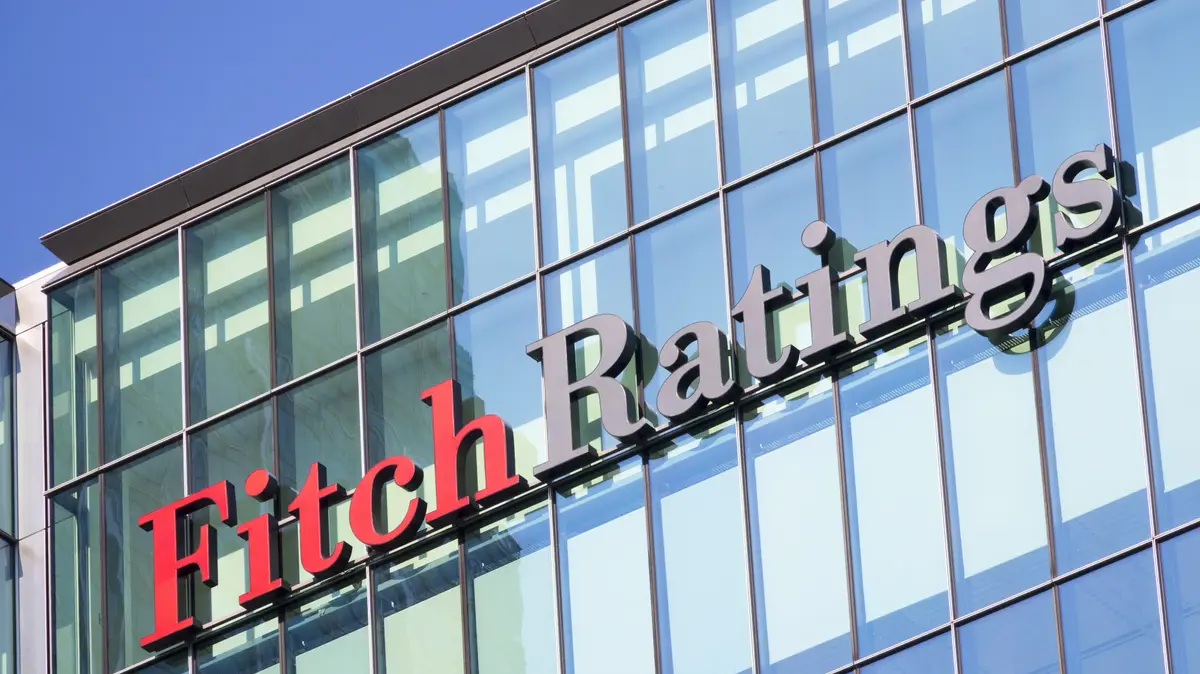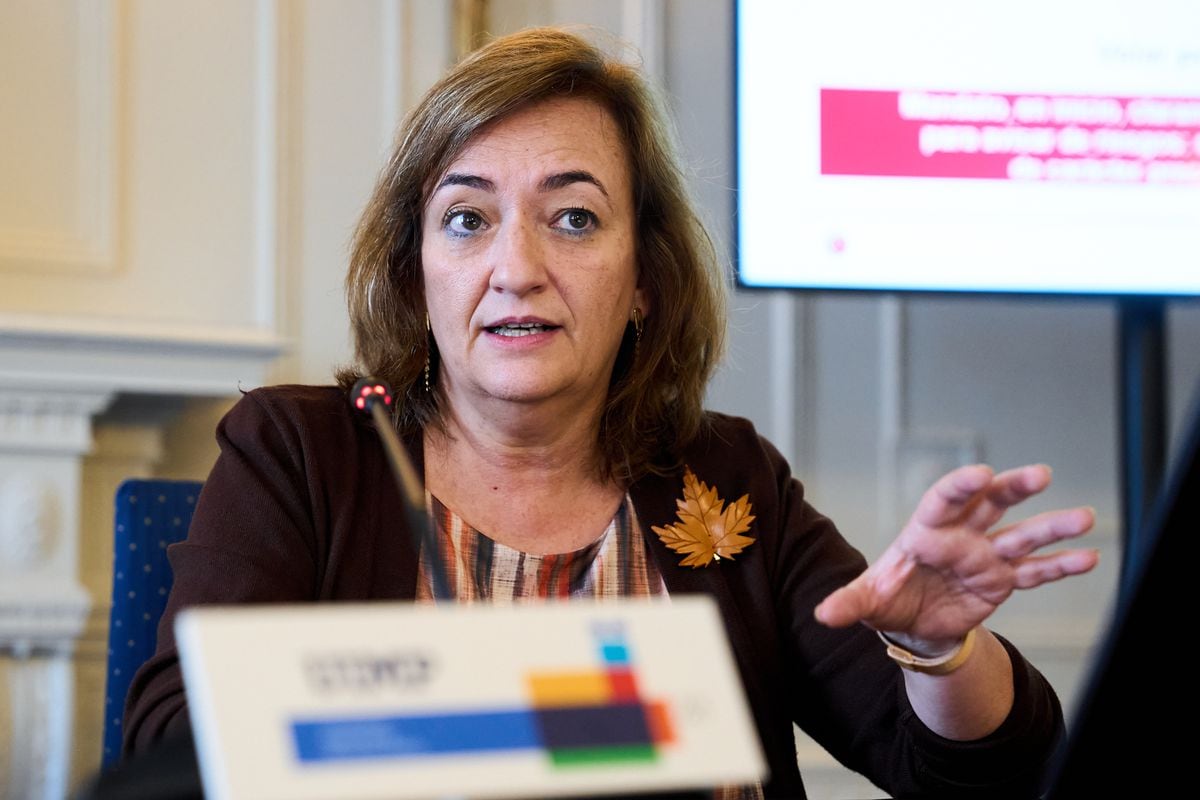“Whatever the cost,” President Macron had said.
To support the recovery of the French economy put on the ground by the Covid-19 epidemic, the government will again open the floodgates of spending in 2021, postponing the restoration of public finances until later.
The government presented the 2021 finance bill to the Council of Ministers on Monday morning, before a press conference in Bercy.
This day should set the tone for the coming year: the bill focuses on the 100 billion stimulus plan announced in early September, which completes the approximately 460 billion euros put on the table this year to deal with the health crisis and its economic consequences.
"It is not because health problems have resumed that we must abandon the idea of economic recovery", defended the Minister of the Economy Bruno Le Maire.
The objective is to find in 2022 the "level of wealth before the crisis", assured Prime Minister Jean Castex, a goal he considered "ambitious but within our reach".
A third of the plan will go to ecology, a third to solidarity and training measures.
The last third will be used to improve the competitiveness of companies and to promote the reindustrialisation of the country, in particular via a reduction of € 10 billion in production taxes weighing on companies.
The objective, by supporting companies, is that they start hiring again after 800,000 job cuts expected this year.
"Very strong uncertainties"
Thanks to this plan, the government is counting on a rebound in gross domestic product (GDP) of 8% next year, after a historic contraction expected to 10% this year.
Last year, before the outbreak of the coronavirus, the government forecast 2020 growth of 1.3%.
The High Council for Public Finances (HCFP) does not have the right to veto the budget but it can have a derogatory word.
As a diplomatic warning, the HCFP judged the forecast of 8% "voluntarist", underlining the "very strong uncertainties" which still weigh heavily, due to the renewed epidemic, and the country's indebtedness.
As of this year, the public deficit should approach € 195 billion, a record.
And although the government expects, for next year, a deficit of 152.8 billion, France will still issue 260 billion € of medium and long-term bonds, according to Agence France Trésor, an amount net of redemptions and unchanged from 2020.
Newsletter "It pays me"
The newsletter that improves your purchasing power
I'm registering
Your email address is collected by Le Parisien to enable you to receive our news and commercial offers.
Learn more
The budgetary debt burden is forecast at € 37.1 billion next year, against € 36.2 billion for 2020.
Of course, the European Union will finance more than 37 of these billions.
But the health crisis is more and more costly for the Social Security.
After having been estimated at 8 billion in the third amending budget for 2020, the Covid bill was reassessed for 2020 to 10.1 billion € by the HCFP, in an opinion consulted by AFP.
That is to say a tripling of the expected increase in health insurance expenditure (+ 7.6% instead of + 2.45).
Credits promised to ministries
And as neither the year nor the epidemic is coming to an end, "a further upward revision of spending [...] is possible", warns the High Council.
Strong uncertainties relate in particular to the final cost of the test campaigns.
READ ALSO>
Covid-19 screening: the heavy bill for French tests
For 2021, € 4.3 billion have been provided for in the social security budget "to face the health crisis, in particular to continue screening examinations for Covid-19, make masks available to certain audiences and engage a possible vaccination campaign ”.
It will also take 7.3 billion to finance the "Ségur agreements" intended to upgrade the ordinary caregivers.
In addition, the credits promised to the Ministries of Defense, the Interior or Education are also confirmed.
That of Justice will experience a significant increase of 8%, announced Jean Castex.
In order to reassure households - on whose consumption a good part of the recovery is based -, the government assured that there would be no increase in taxes, and that the abolition of the housing tax would be would continue by now benefiting the better-off.
To generate some additional revenue, it has planned to tap the social housing financing body Action Logement to the tune of 1.3 billion euros, and the complementary health will pay a Covid surcharge of one billion euros l next year (then 500 million in 2022).















